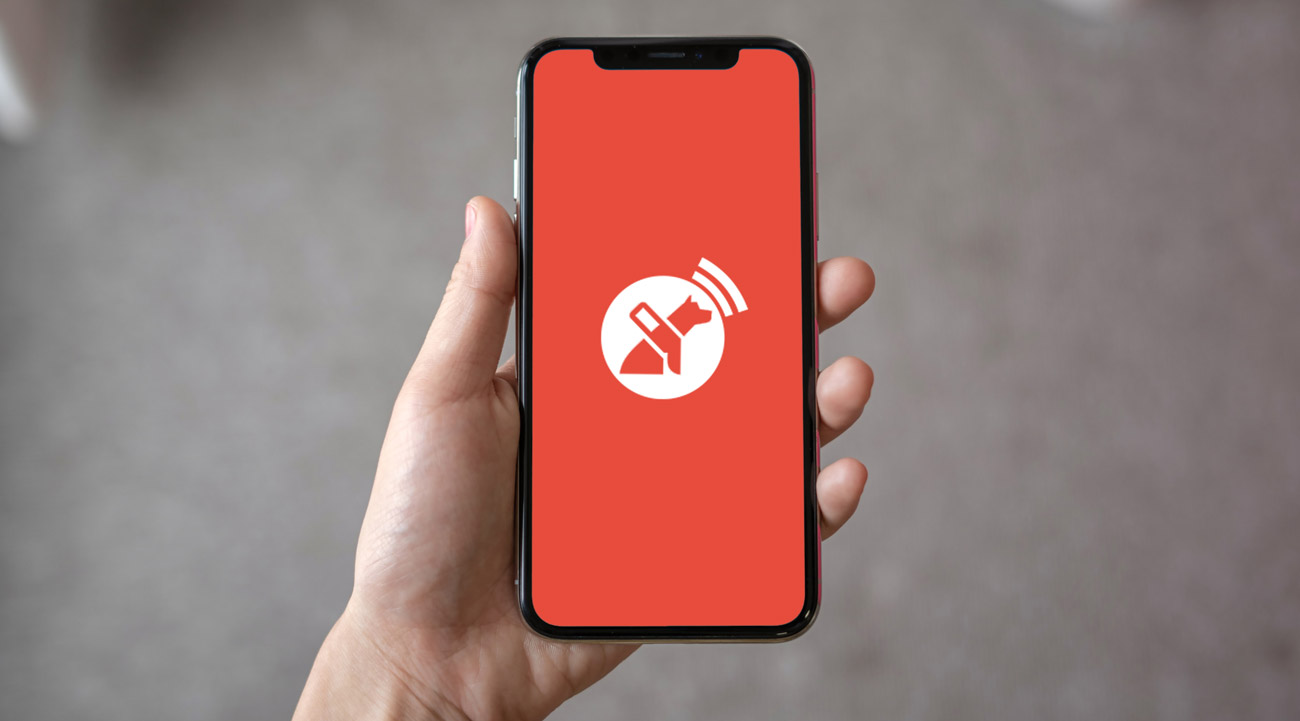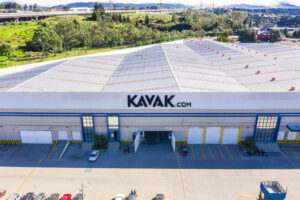
Por Mariana López
February 19, 2020
Contxto – According to the World Health Organization (WHO), there are 285 million visually impaired people throughout the globe. Among them, 39 million are blind and 246 million have a moderate to severe visual impairment.
But startups are developing technology to help them get around as is the case with Chilean Lazarillo. The app is available in 22 languages and it’s making an international expansion as it’s recently been launched into the United States.
For now, the startup’s plan is to gain a foothold in that country. After which, in 2021, Lazarillo would make its way across the Atlantic into Spain.
Meanwhile, through partnerships, the startup is making itself present in Costa Rica, Mexico, and Argentina.
Chilean René Espinoza led the creation of the startup and its app.
The startup’s name plays on the Spanish term for guide dog, “lazarillo.” And while perhaps an app is not attention-grabbing the way a service dog is, it serves as a digital guide for the blind.
As a person walks, the application notifies them of nearby places and objects that may be of their interest through voice notifications and warnings. So it might tell them if they’re approaching a bus stop or there’s a nearby restaurant.
For his role in Lazarillo, René was among the Massachusetts Institute of Technology’s (MIT) 2019 list of Innovators Under 35 in Latin America.
The visually impaired often rely on others to get around, a reality that (unfortunately) limits their independence. They may ask for help to know if their bus is coming, or if it’s safe to cross the street.
These shifting circumstances may mark the bordering limit of what Lazarillo can offer.
But in the future, it would be interesting to see applications like Lazarillo’s paired with Internet of Things (IoT) technology. Such a combo could take things to the next level.
For example, imagine that sensors were placed on different objects on the street. They interact with each other about ongoing traffic, obstacles, and then feed that information to an application. The app then tells the user if their bus is about to arrive, if there are cars on a street, to name a few.
Thus technology can continue to provide even more autonomy and change the lives of millions.
Related articles: Tech and startups from Chile!
-ML

Por Yanin Alfaro
February 17, 2026

Por Israel Pantaleón
February 17, 2026

Por Stiven Cartagena
February 13, 2026